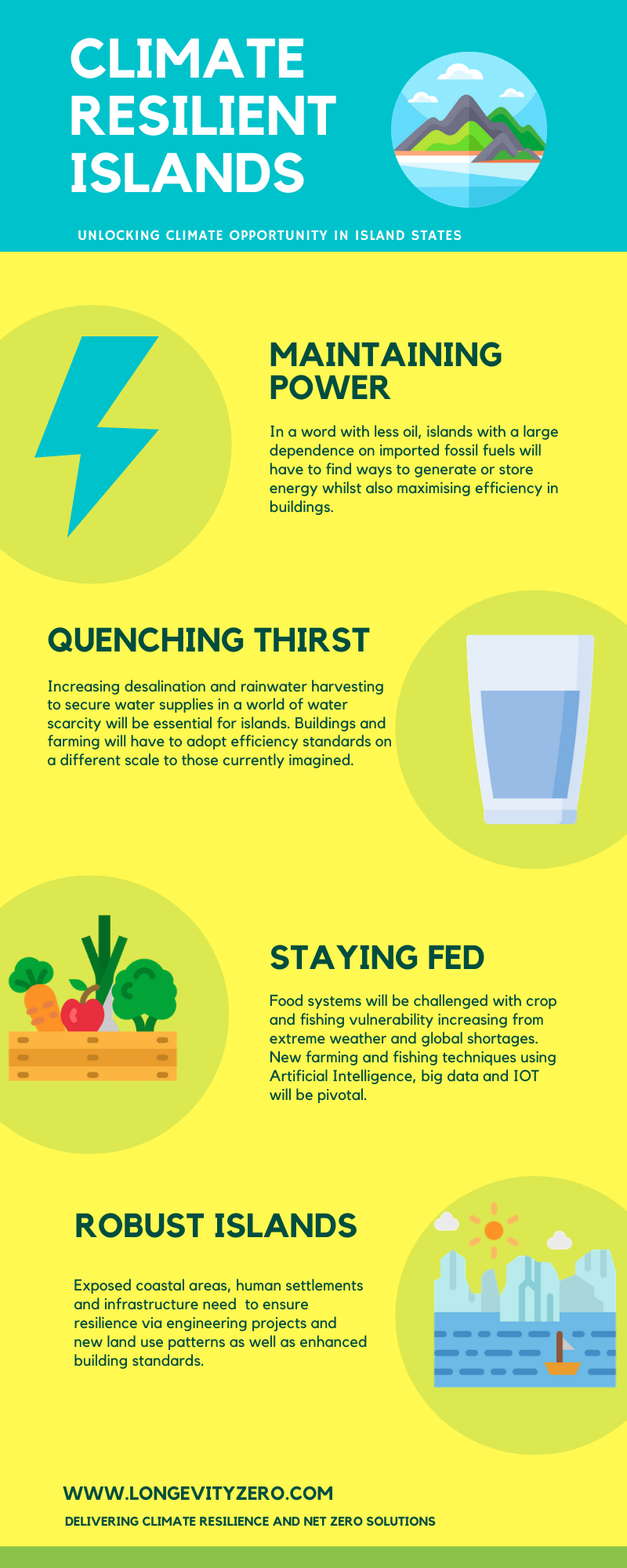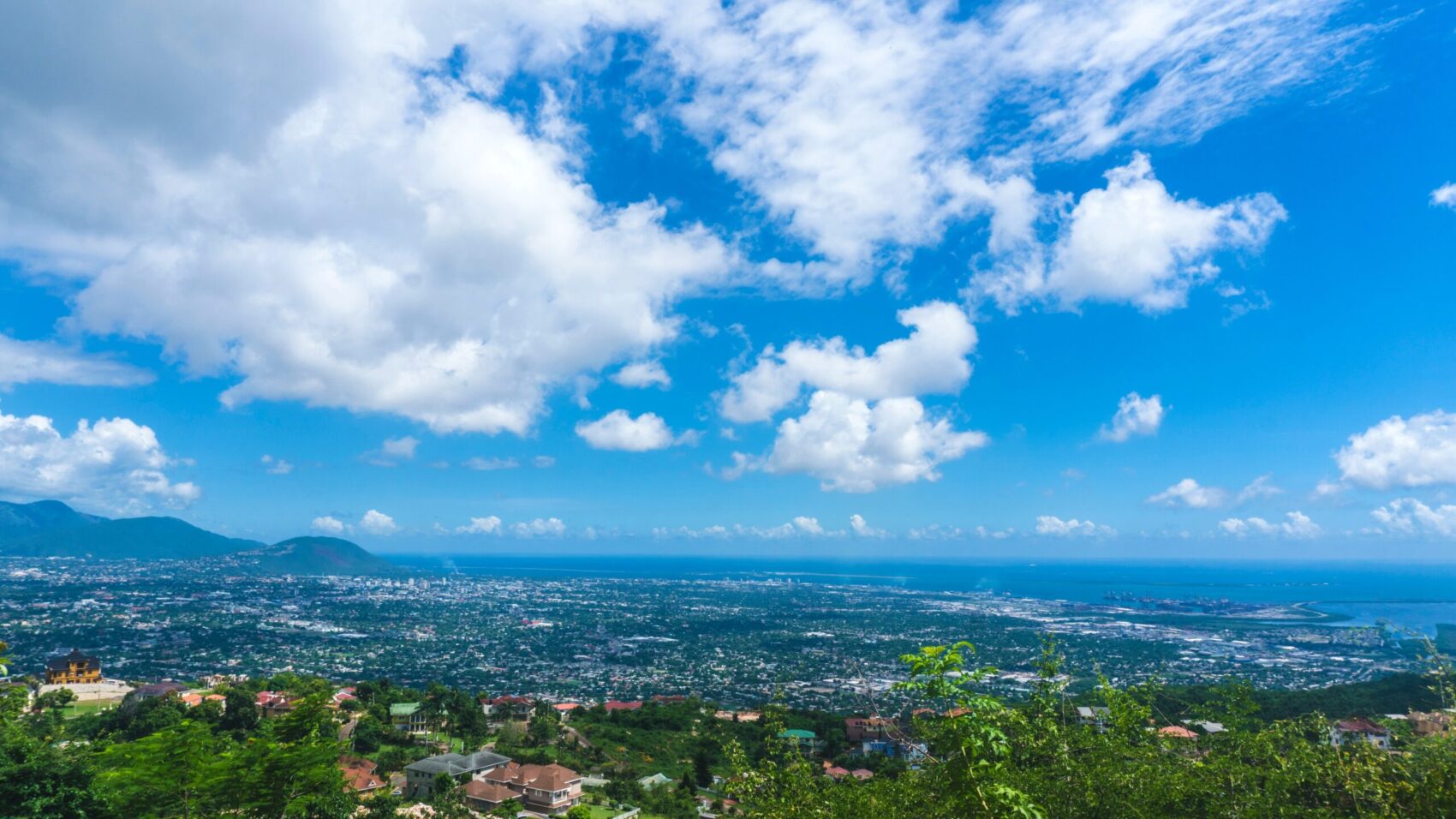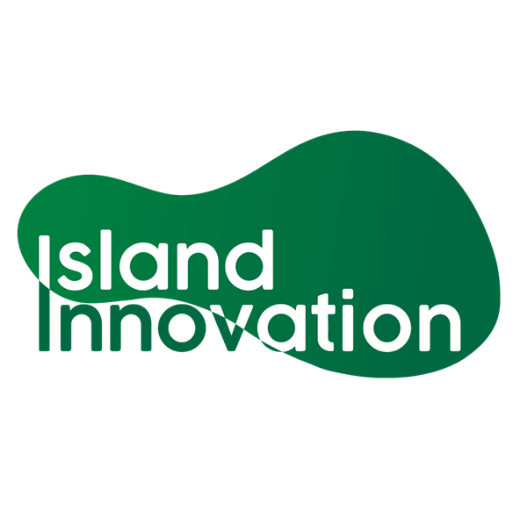Interview by Sangeeta Laudus, Island Innovation Ambassador.
Following the landmark Paris Agreement in 2015, and as governments across the globe race to keep temperatures to below 1.5 degrees Celsius, we are all increasingly aware of the effects of climate change on the planet and our way of life. However, it is sadly less economically developed countries and small island states who are the most vulnerable to the changes ahead and who are facing the greatest challenges. Small island states account for less than 1% of global greenhouse gas emissions, but are among the most vulnerable of all locations to the potential adverse effects of climate change and sea-level rise.
I am honoured to support Island Innovation as an ambassador for the Virtual Island Summit, and first became involved last summer as I was preparing to relocate to the Cayman Islands. And although that move didn’t go as planned, my commitment to supporting island states and my own personal passion for ocean conservation has not wavered.
A robust plan is needed to enable island states to future proof themselves and I was delighted to interview David Brown, Technical Director at London based boutique Energy and Environmental Consultancy on how these challenges can be met head-on.
Sangeeta Laudus: Thanks for your time and sharing your insights with us David. Can you tell us a bit about your work as an energy and climate consultant? And how the demand for your services has increased over the last few years?
David Brown: Thanks for taking the time to speak to me Sangeeta. The experience, challenge and solutions for island nations are crucial in tackling climate impacts and becoming net zero. At Longevity Zero we support businesses and governments to understand their climate exposure and to transition to a low carbon and climate-resilient “mindset”. Once they have this mindset and understand their journey, we work with them on making it happen.
We have seen a real change in many organisations over the last couple of years. This stems from a few things – the Greta effect, concerns around billions of single-use plastic items ending up in the sea and a more engaged younger population generally.
Typically, carbon management and climate adaptation were areas of risk management. Now they are areas of opportunity, innovation and I also think hope. Organisations are now, therefore, looking to become climate-resilient, whilst also understanding how to produce food, energy and other resources that have a dramatically lower impact on the planet.
Sangeeta Laudus: Can you explain why the issues facing SIDs are different to those in advanced economies?
David Brown: Islands are some of the most interesting and beautiful places in the world both ecologically and culturally. Islands are however geographically constrained by the changing global climate (sea level rises), limited availability of resources and land in ways that require a fundamental system change. They face real challenges around their existence as healthy, sustainable and beautiful places.
Take countries like the Dominican Republic, Mauritius and Jamaica – they all import over 80% of their energy needs from fossil sources. It’s likely the availability and cost of things taken for granted today will increase dramatically without innovative solutions being taken. For instance, islands have some of the highest energy prices in the world.
Sangeeta Laudus: So, one of the ways to combat this will be an increasing focus on renewable energy generation and storage systems? What do you see as the main obstacle to making this shift for SIDs?
David Brown: Each island has its unique challenges to navigate, though there are some common trends. With regards to renewables, land availability can be a limitation of the ability to produce abundant renewable energy given the current technology availability. Energy storage technology has come on significantly in recent years in terms of both storage capacity and price and I’m optimistic about its future trajectory.
What’s really important and really isn’t seen as sexy as storage and renewables is energy efficiency. For instance, reducing energy need in buildings, transport and agriculture is much more cost-effective than building additional generation or storage capacity. That’s why energy efficiency is called the ‘first fuel’.
Sangeeta Laudus: Can you give some solutions examples of energy efficiency given that a lot of SIDs are in warmer climes so standard practices in the northern hemisphere of increasing insulation aren’t applicable?
David Brown: Actually, insulation is, believe it or not applicable – you can keep building both warm and cool with the right materials. Energy efficiency is wide-ranging in terms of solutions. Within buildings cooling demand (those much-loved air-con units) needs to be reduced. New buildings need much better thermal properties and older buildings need retrofit solutions. Given the high reliance on generators and combustible fuel sources, efficiency uses of these (as well as fuel sources) need attention.
You then also have to look at “vampire loads” that suck energy from a wide range of unsuspected sources (lighting, IT loads, refrigeration). Equipment will require more stringent efficiency standards and I firmly believe island nations may have a role in specifying the equipment that can be purchased in their markets.
Land use has a huge impact on how we use energy. For example, where we build houses impacts energy usage for cooling but also transportation needs that will exist for the lifetime of those buildings. This could be a hundred years from now, we don’t often think about the fact we are locking in energy consumption for such a timeframe. Today we are often living with buildings built for a very different era. Future buildings need to look at how they reduce whole lifetime energy usage.
Sangeeta Laudus: Another area of vulnerability is the availability of food, with a heavy reliance on imports as well as the impact on crops and fishing from extreme weather and global shortages. What solutions are available to deal with these problems?
David Brown: I think this is one area where I’m an optimist. There is a real shift towards plant-based diets. Whilst on the surface it may appear a western preoccupation, the data suggests most nations will follow suit in eating less meat overall. It may be out of necessity as well as a lifestyle choice.
Islands will also have to get much more efficient in how they use freshwater, land and nutrients. There are some great innovations in this space around vertical farming and hydroponics but there are also some great innovations from artificial intelligence in terms of crop disease detection using deep learning and machine learning to predict better varieties of crops to grow for a given islands characteristics.
I can’t stress this enough but not everything is a technology solution – what we often require is a mindset change. For example, insects’ importance as a protein source is gaining much more attention. Whilst perhaps a radical example we do have many food growing technologies and food sources already at our fingertips.
Sangeeta Laudus: Can you explain further how technology can assist?
David Brown: we are at an interesting time with the emergence of many technologies that as an optimist I feel have a role in allowing us to do significantly more for less in a much more sustainable way. Technology has always been an enabler- a way of making life easier – though now we are realising many of the technology applications have a negative impact on society and the environment. It’s worth remembering that when we are thinking about solutions, we can’t replace one problem with another set of problems.
One area I’m particularly hopeful is in decentralized energy in small islands. Typically, energy generation sources and consumers aren’t connected in a grid-like in large mature energy systems (like the national grid in the US or UK). But with low-cost data connectivity, you can get a deeper understanding of how energy is used if they are connected via a virtual grid. Energy analytics from artificial intelligence can then be used to balance the load and identify efficiencies.
More broadly there are technologies that will emerge that can be applied to a wide range of energy or environmental challenges unique to islands. Drones, biotech, edge analytics and connected devices all have real use cases on islands. There needs to be more engagement between nation-states and technology providers – be it via hackathons or investment funds to take proof of concepts forward to solve real island challenges.
Sangeeta Laudus: How do you see land use changing on islands and what are the easiest ways to create resilience against sea levels rising?
David Brown: Well, firstly there are no easy solutions! Coastally located infrastructure (ports, roads, rail, airports, power and water supply, sewerage) are highly sensitive to a range of extreme weather and climate events. Simplistically we need to move as many of these assets to locations less exposed which may not always be possible.
When it’s not possible to build new infrastructure or relocate, geoengineering systems are often the best defence- literally. What will be interesting is whether longer-term authorities will restrict developments being built on idyllic coastline due to their climate risks. It’s often the case in many regions now already, however for an industry like tourism it creates many questions around the experience tourists expect.
Sangeeta Laudus: It’s been great to speak with you, David. Thanks again for your time. Any final thoughts for those islands who are just starting to tackle these issues and develop a strategy?
David Brown: I really want to reiterate that it’s often a mindset change that is needed to transform islands so they are climate-ready. It’s really important to understand what tomorrow looks like based on likely trajectories. Here I’m talking not just climate impacts but fundamental shifts in the global economy around resources, how we work and travel and ultimately how we do things in 2030, 2050 and 2100. That way I feel organisations and business on islands will be best placed to innovate to a better future. Thank you, Sangeeta! It’s been a real pleasure!
Sangeeta Laudus: It is reassuring that numerous solutions are being formulated to address the challenges that island states are facing. However, an overriding issue in all of this will be the question of financing to enable the changes needed. And for countries which rely heavily on tourism, a sector severely affected by the global pandemic, mobilising capital will be harder than ever, which is where increased philanthropic funding and support from the international community (including the biggest emitters) may need to step in to assist these vulnerable countries in, for some, a real quest for survival.
For further information, on how to create a strategy of climate resilience and opportunity within island states visit Longevity Zero’s website.





